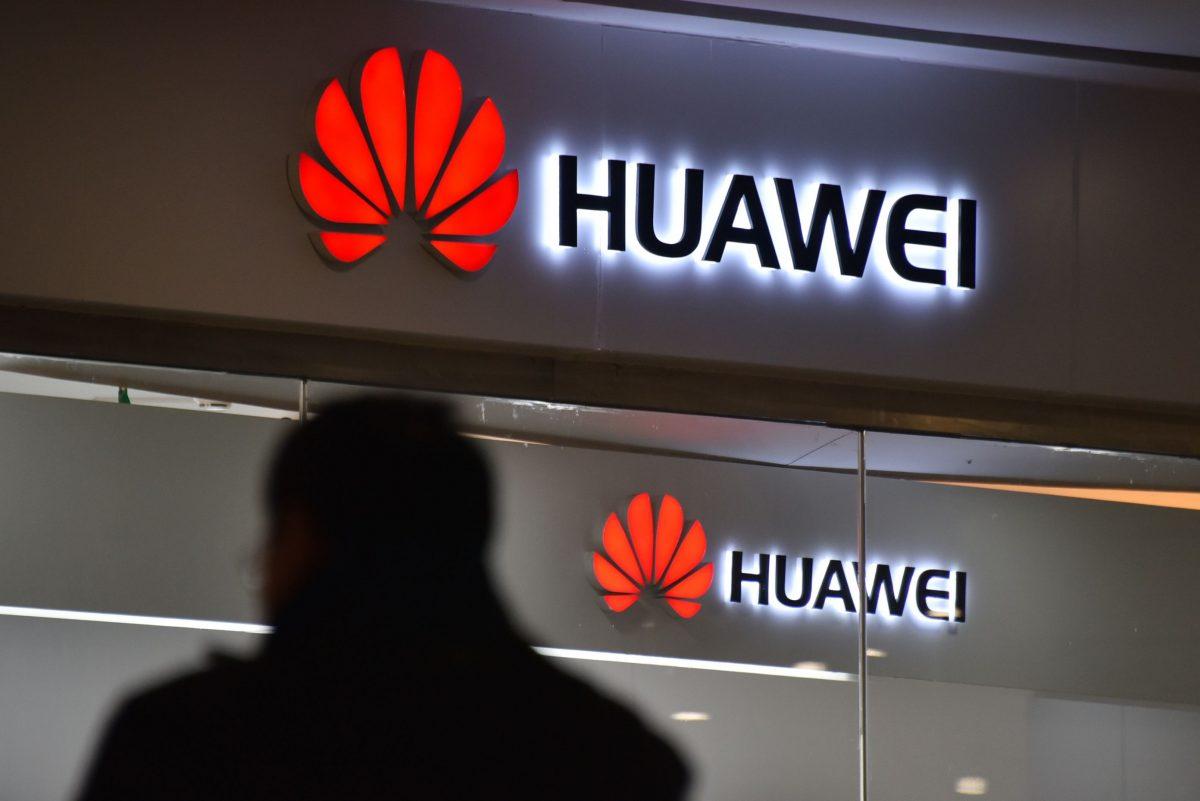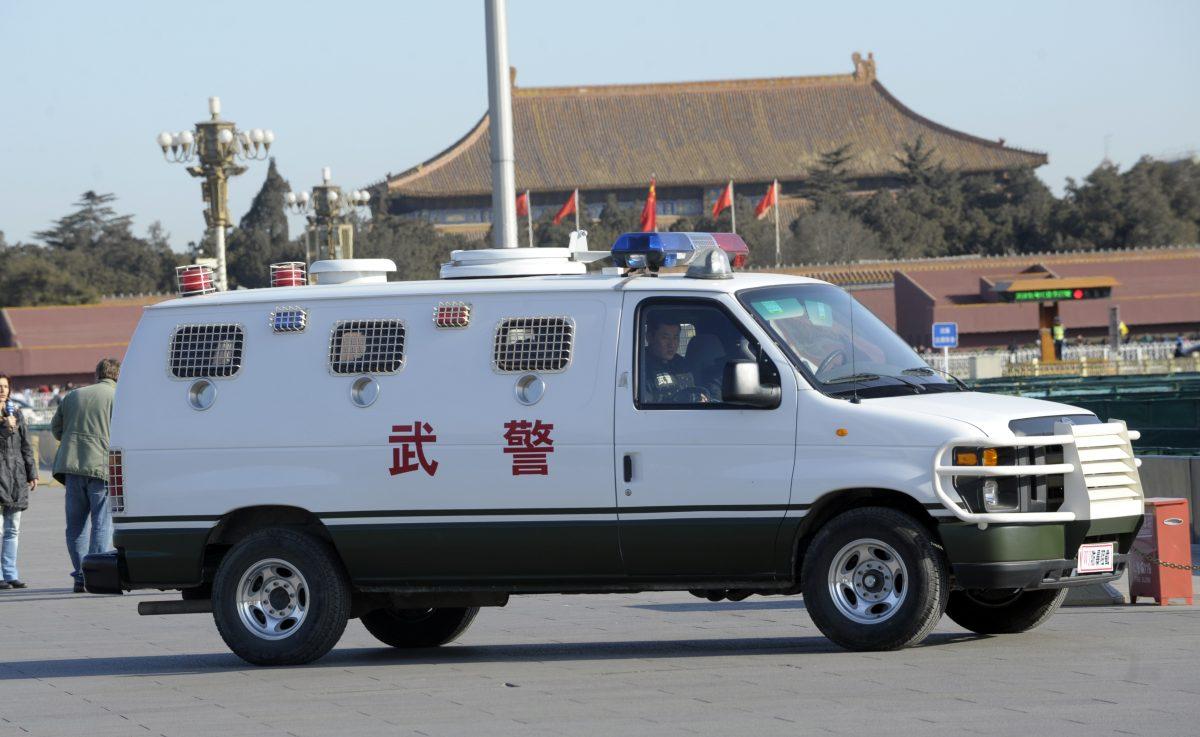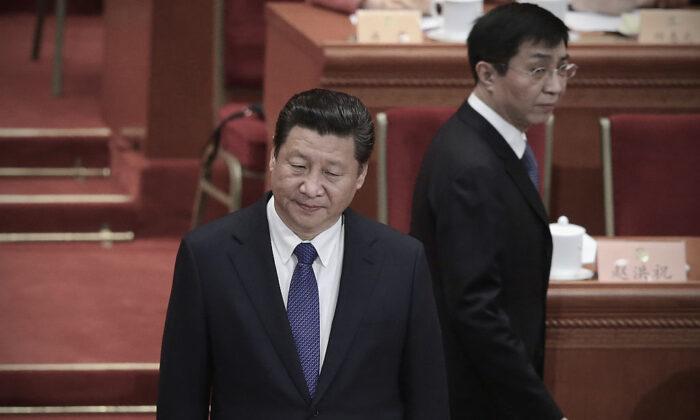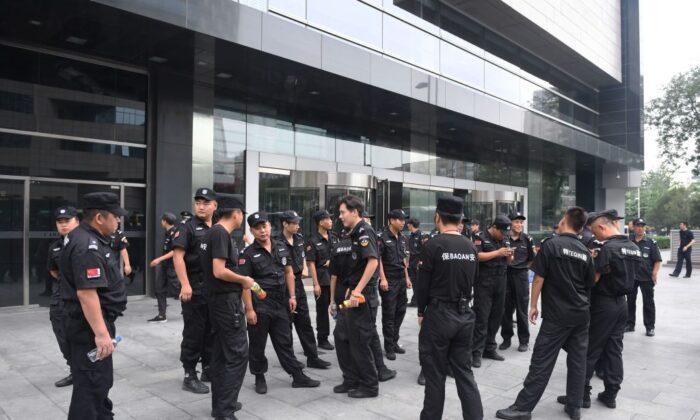WASHINGTON—While the West has only recently recognized the potential security threat posed by Chinese telecommunications company Huawei, some China insiders have long known that the company is part of the Chinese Communist Party (CCP) apparatus.
Persecution
In July 1999, then-CCP leader Jiang Zemin began a campaign to eradicate Falun Gong out of fear of the large numbers of Chinese who found its traditional moral teachings more attractive than the party’s atheist ideology.New York resident Mindy, who asked to only be identified by her given name due to fears for her family members back in China, came to the United States from China in 2009.
She says that as early as 1999, when the persecution had just begun, Huawei had adopted a policy of not employing Falun Gong practitioners.
That year, Mindy was a graduate student at Zhejiang University. A Falun Gong practitioner she knew in the same university had studied computer science, and before he graduated, he had already been recruited by Huawei, which was aggressively hiring at the time.

However, when he was about to sign the contract with Huawei, he found that there was an item stipulating that all Huawei employees must guarantee that they wouldn’t practice Falun Gong.
“This Falun Gong practitioner didn’t want to sign this kind of contract,“ Mindy said. ”As a result, he couldn’t be employed by Huawei. And Huawei not only had this item in the contract, but also actively asked every would-be-employee if they practiced Falun Gong.”
Mindy was married for nearly two years to an IT engineer who worked for Huawei. Her husband also was a member of the Party. Mindy says she once saw a rule in his copy of the Huawei employee handbook that forbade employees from practicing Falun Gong.
The Minghui website, which serves as a clearinghouse for information about the persecution of Falun Gong, reported the case of Wu Xia on Aug. 2, 2007. Wu, then 27, was a Falun Gong practitioner and a Huawei employee who was dispatched to the No. 1 Factory of Taijinbao Company (a Huawei supplier in Suzhou City) to work on quality control, together with her colleague Peng Weifeng. When Peng found out that Wu was a Falun Gong practitioner, he reported her to her manager.
On June 1, 2007, two Taiwanese managers of Taijinbao Company took Wu to the police station. The next day, Wu was transferred to the Wujiang City Detention Center in Suzhou City.
No updated information about Wu can be found.
Censoring and Spying
Huawei has done far more in the persecution of Falun Gong than simply policing its own employees. It has helped put in place the tools used by the Chinese regime to track Chinese citizens and censor what information they can access, thus enabling the persecution.
According to Chinese commentator Chen Simin, this leaked document shows Huawei’s deep involvement with the CCP’s surveillance programs “Golden Shield Project,” which is used to block access to information, and “Skynet System,” used for surveillance of the whole society.
By blocking information, the Chinese regime works to prevent the Chinese people from learning about the massive violations of human rights carried out in the persecution of Falun Gong, as well as the teachings of the spiritual practice.
The surveillance tools Huawei has helped to develop are used for many purposes, but among them is the tracking of Falun Gong practitioners.
Social Credit Scores Going International
The Skynet System identifies an individual through facial recognition technology and locates the person’s information in a state database. That database now gives each person a “social credit” score that indicates the degree to which the individual aligns with the regime’s priorities.The competence Huawei has developed in establishing this vast system may be used to collect data outside China.
Yu Chao, a U.S. system engineer, said that the international community should be very worried about the possibility of Huawei collecting mass data on people from other countries via their devices and networks. This information can then be used to compile a social credit score on non-Chinese as well.
“The gloomy picture is, although the CCP won’t use Americans’ ‘social credit scores’ to stop them from buying airplane tickets, they can gain very deep knowledge of virtually everything of someone who is in their database, and use this knowledge when needed,” Yu said.
“And that is really, really terrifying.”




